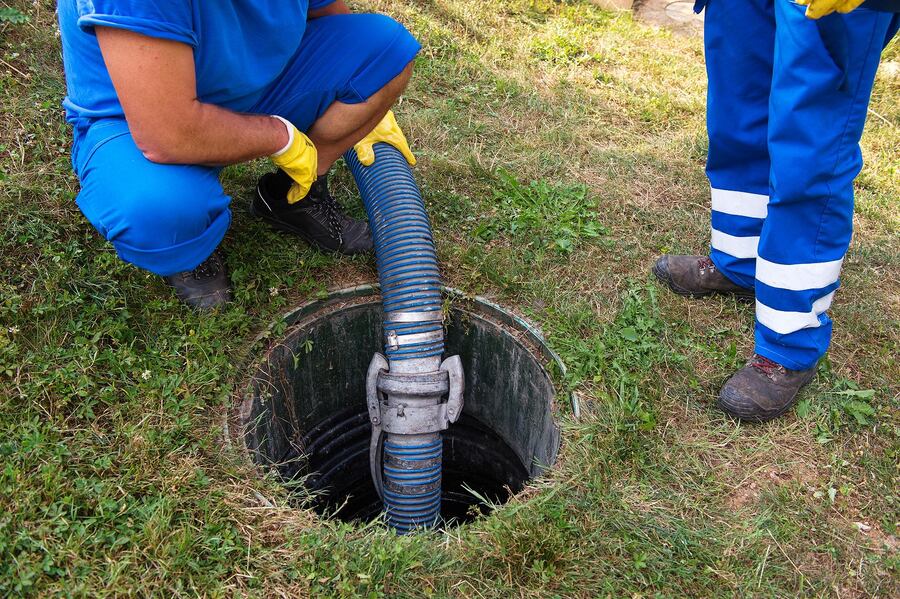Menu
"WE NOT ONLY PUMP YOUR TANK - WE CLEAN IT!"
WE NOT ONLY PUMP YOUR TANK - WE CLEAN IT! Free Septic System Inspection ($99 Value)
Free enzyme treatment - Financing Available
"WE NOT ONLY PUMP YOUR TANK - WE CLEAN IT!"
WE NOT ONLY PUMP YOUR TANK - WE CLEAN IT! Free Septic System Inspection ($99 Value)
Free enzyme treatment - Financing Available
Septic systems are essential components for properties with limited access to municipal sewer systems. Wastewater treatment units rely on a delicate balance to function smoothly. For those considering a septic tank installation, the market is flooded with various enzymes and additives that promise to enhance the performance of your system. That’s where Septic Blue comes in since these products often do more harm than good. Here’s why enzymes and additives can harm your system and why natural septic tank repair and maintenance practices are your best bet.
 Aug 18, 2024
Aug 18, 2024
After a successful septic tank installation, one reason to avoid enzymes and additives is that they disrupt the natural bacterial balance. Septic systems rely on a specific ecosystem of bacteria that break down waste and keep the system running efficiently. Introducing enzymes or additives can overpower or kill the beneficial bacteria, causing an imbalance. This imbalance can result in the improper breakdown of waste, leading to blockages, backups, and recurring septic tank pumping sessions.
Every flush sets a complex…
Gurgling sounds coming from your…
Skipping routine septic service might…
Enzymes and additives often provide a temporary solution, masking underlying issues that cause costly septic tank repair or replacement projects. If your septic system is experiencing frequent backups or slow draining, the root cause might be a blockage, a full tank, or damaged pipes. Consult a trusted septic company to ensure the proper use of enzymes or additives. These products often lead to a false sense of security, causing a delay in necessary maintenance or repairs, which can result in more severe issues or premature septic tank installation projects down the line.
Besides what most people think, some enzymes and additives accelerate sludge build-up rather than prevent it. These products often break down solid waste too quickly, causing it to pass through the septic tank and into the drain field. The solid waste that reaches the drain field can clog the soil pores, preventing proper drainage and causing recurring septic tank cleaning sessions. Over time, this accelerated sludge build-up can reduce the overall lifespan of your septic system, leading to costly repairs or replacement.
Certain additives contain harsh chemicals that can corrode your septic system's pipes and other components. While these chemicals might effectively break down waste, they can also damage the system, distribution box, and drain field pipes. This corrosion can cause leaks, system failures, environmental contamination, and unplanned septic tank pumping emergencies. Also, the cost of repairing or replacing corroded pipes can be significant, outweighing any perceived benefits of using these additives.
Using enzymes and additives in your septic system can have broader environmental impacts. When these products break down waste too quickly, untreated waste can leach into the soil and groundwater, contaminating local water sources. In addition, some additives contain chemicals that are harmful to the environment, hence the need to consult a septic company to avoid environmental contamination. Maintaining your wastewater treatment system without additives is a more environmentally responsible choice, helping protect the surrounding natural resources.
While the promise of a quick fix through enzymes and additives might seem appealing, they often cause more harm than good. Focusing on regular maintenance, such as septic tank cleaning every three to five years, is advisable to ensure an efficient and safe system. Contact us at Septic Blue of Lakeland and schedule a consultation with our experts to ensure your septic system remains in good working order for years.